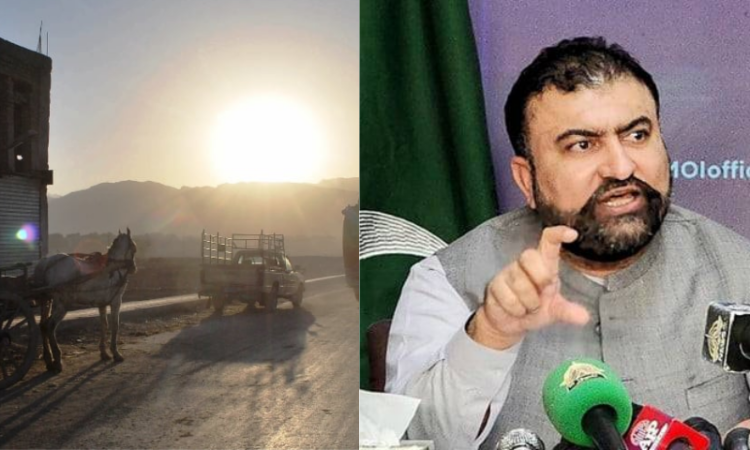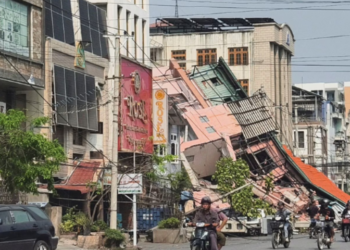Quetta, March 30, 2025: Chief Minister Balochistan, Mir Sarfraz Bugti, chaired a high-level security meeting, ordering an expansion of anti-terror operations across the province.
Top officials, including the Chief Secretary of Balochistan, Additional Chief Secretary Interior, and Inspector-General of Police, briefed the CM on the province’s security landscape. The meeting reviewed the recent successes, particularly the Kalat operation, and discussed security measures for Eid and national highways.
CM Bugti emphasized the need for stronger coordination among security agencies to ensure the effective implementation of security measures. He directed law enforcement to enhance the capabilities of civil armed forces and intensify operations against terrorist networks.
In response to escalating security threats, the Balochistan government has imposed a nighttime travel ban on key national highways across the province. According to official notifications issued by deputy commissioners of multiple districts, travel will be prohibited from 6 PM to 6 AM on major routes, including Sibi Road, Zhob-Dera Ismail Khan Road, Coastal Highway, Quetta-Taftan Highway and Loralai-Dera Ghazi Khan Highway.
Officials cited security concerns following a series of deadly attacks. Recent incidents include a suicide bombing near a BNP-M rally in Mastung, targeted killings in Kalat and Noshki, and the execution of five passengers after armed men intercepted a Karachi-bound bus in Gwadar’s Kalmat area.
Additionally, the Jaffar Express train attack left 26 dead, including 18 security personnel, after militants from the Balochistan Liberation Army (BLA) blew up a railway track and took over 440 passengers hostage. A subsequent security operation eliminated 33 militants and rescued the remaining hostages.
The Balochistan government remains on high alert, with increased security measures aimed at safeguarding civilians and preventing further attacks.








